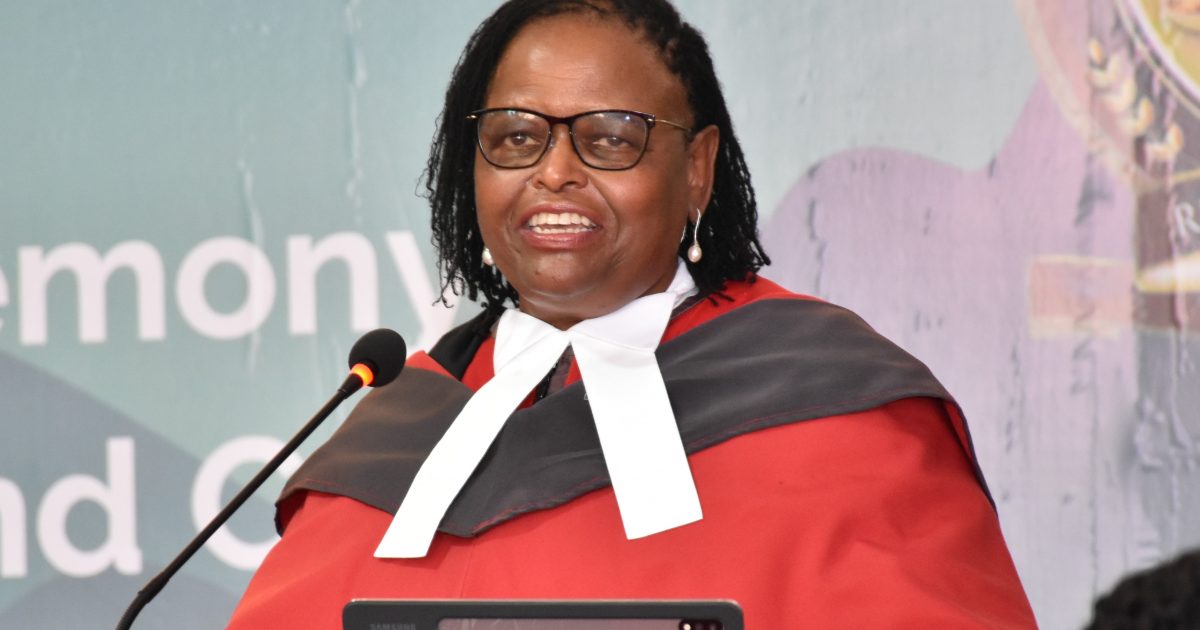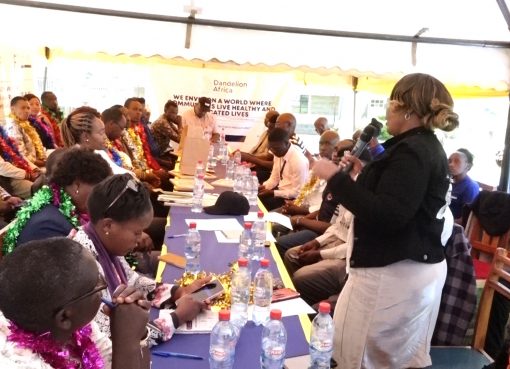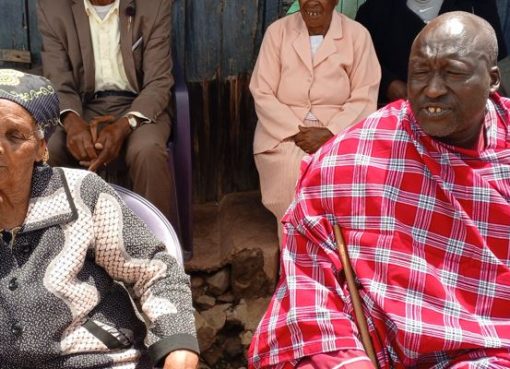Chief Justice Martha Koome has announced the establishment of Court Integrity Users Committees across all court stations nationwide to stamp out corruption within Kenya’s judicial system.
The initiative, unveiled during the second Magistrate and Kadhis Colloquium in Naivasha on Tuesday, comes amid growing public scrutiny over allegations of bribery and inefficiency plaguing the judiciary.
Speaking with unwavering resolve, CJ Koome acknowledged the challenges facing the institution, describing the current environment as a moment of reckoning.
She acknowledged renewed accusations of corruption in some court stations, alongside persistent complaints about delayed justice and administrative inefficiencies.
“Justice cannot be for sale,” she declared, reaffirming the judiciary’s zero-tolerance stance on corruption, vowing to implement the policy by deed.
Koome said the Court Integrity Committees represent a cornerstone of reform efforts and will bring together judicial officers, advocates, representatives from the Ethics and Anti-Corruption Commission (EACC), and other stakeholders.
The CJ tasked the committees to proactively identify and address integrity issues such as bribery and demands for facilitation fees at court registries and service points.
She said her office has recently received numerous troubling reports from the Bar and the public about such demands, which she committed to confront directly and transparently.
Koome said the committees are expected to serve as engines for driving ethical conduct, fostering collaboration to root out unethical behaviour and rebuilding confidence in the justice system.
CJ Koome urged judicial officers to ensure the bodies are not only established but also effective in tackling corruption head-on.
The announcement follows concerns over stark disparities in court performances across the country, with Koome lauding Kakamega, Kirungu, Kibera, Kikuyu, and Kenol Magistrates Courts, alongside Lamu, Ijara, and Marsabit Kadhis Courts, for recording the fewest adjournments over the past seven months.
In contrast, Koome fingered Runyenjes, Kangema, Kakuma, Isiolo, Kericho, and Nakuru Courts for recording the highest number of adjournments, which she said fuelled public frustration over delays.
She said that frequent adjournments erode confidence in the courts processes, calling for better case management to ensure litigants and advocates are not left waiting in vain.
In addition, she said the judiciary is adopting a multi-pronged approach to combat corruption with the National Council on the Administration of Justice set to launch the Justice Sector’s Anti-Corruption Strategic Guiding Framework, uniting police, prosecution, EACC, and correctional services in a sector-wide crackdown on unethical practices.
Koome said the judiciary is shifting from a reactive, complaints-based system to an intelligence-driven model, partnering with the EACC and the National Intelligence Service to identify corruption hotspots and roll out early interventions.
The CJ emphasised that the reforms are part of a broader vision to protect the judiciary’s integrity and create a culture where corruption cannot thrive.
She also underscored the role of technology in the ongoing transformation, citing ongoing efforts to expand e-filing, virtual courts, and transcription services nationwide.
“These innovations are fundamental tools for enhancing efficiency, transparency, and user satisfaction,” she said.
Koome said the Judiciary is the custodian of constitutional values and agents of transformation, rallying judicial officers to lead the charge against corruption and inefficiency.
On her part, Chief Registrar Winfridah Mokaya commended the successful work of the small claims court for their strides in enabling members of the public to access justice quicker.
Mokaya said that the Chief Justice had appointed a special committee to unlock the challenges facing the small claims courts with a view of improving service delivery.
The five-day discussion by judicial officials and other technology-savvy technocrats seeks to tap the use of modern technology, such as Artificial intelligence to enhance ease of accessing justice for deserving Kenyans.
By Erastus Gichohi and Immaculate Kariuki





